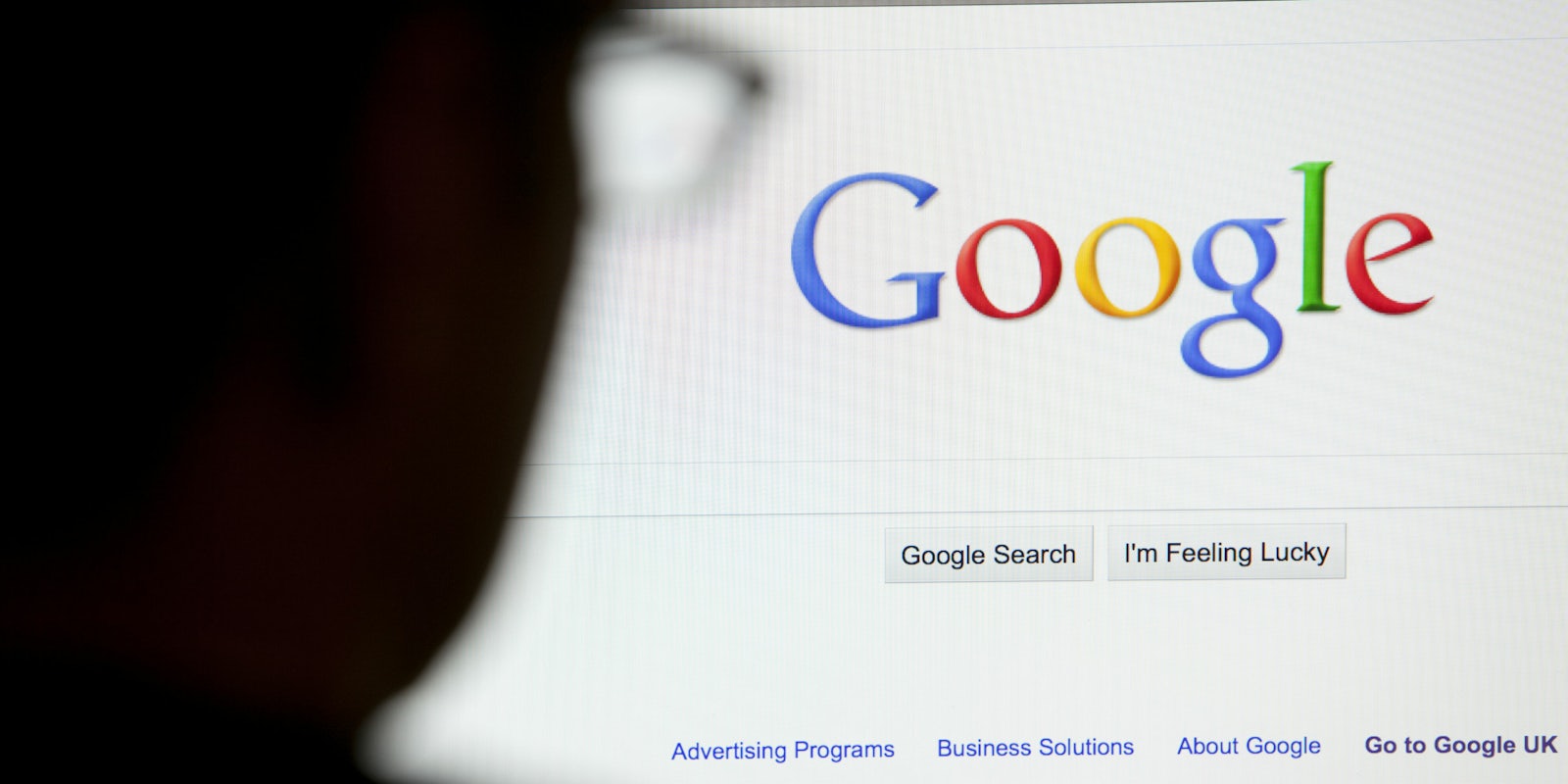A class-action lawsuit filed in the U.K. against Google claims the company made money by illegally obtaining personal information from iPhone users in 2011 and 2012.
Filed by a group bluntly named “Google You Owe Us,” the suit seeks compensation for 5.4 million people in Britain it claims were affected. Google is accused of bypassing security settings found in Safari, the iPhone’s default web browser. It allegedly used a “piece of code” that exploited a vulnerability in the browser, granting them access to sensitive user information, like browsing history, IP addresses, and approximate location.
Google then allegedly sold that information to advertisers.
“I believe that what Google did was simply against the law. Their actions have affected millions, and we’ll be asking the courts to remedy this major breach of trust,” Richard Lloyd, former executive director of consumer body “Which?” and head of Google You Owe Us, told the Guardian. “Through this action, we will send a strong message to Google and other tech giants in Silicon Valley that we’re not afraid to fight back if our laws are broken.”
Dubbed the “Safari Workaround,” the practice could potentially have breached the U.K.’s Data Protection Act of 1998, which is designed to protect individuals’ personal data stored on computers.
In 2012, it was reported Google (among other companies that rely on advertising) used its failed Google+ platform to confuse a security feature in Safari, giving it the ability to track cookies even when a user didn’t interact with a website. The company reportedly disabled the code after it was contacted by the Wall Street Journal.
“We are taking Google to court for its actions, because we believe that Google owes us trust, fairness and money,” Google You Owe Us wrote on its webpage. “We want to make sure that Google face the consequences for breaching both our trust and the law. If successful, those affected by Google’s actions and who qualify will get the compensation they are owed.”
Google denied the allegations in a statement to the Guardian.
“This is not new,” the company said. “We have defended similar cases before. We don’t believe it has any merit and we will contest it.”
Google You Owe Us explains the claim is subject to the U.K. court’s timetable and that it could take years before it reaches a conclusion.


